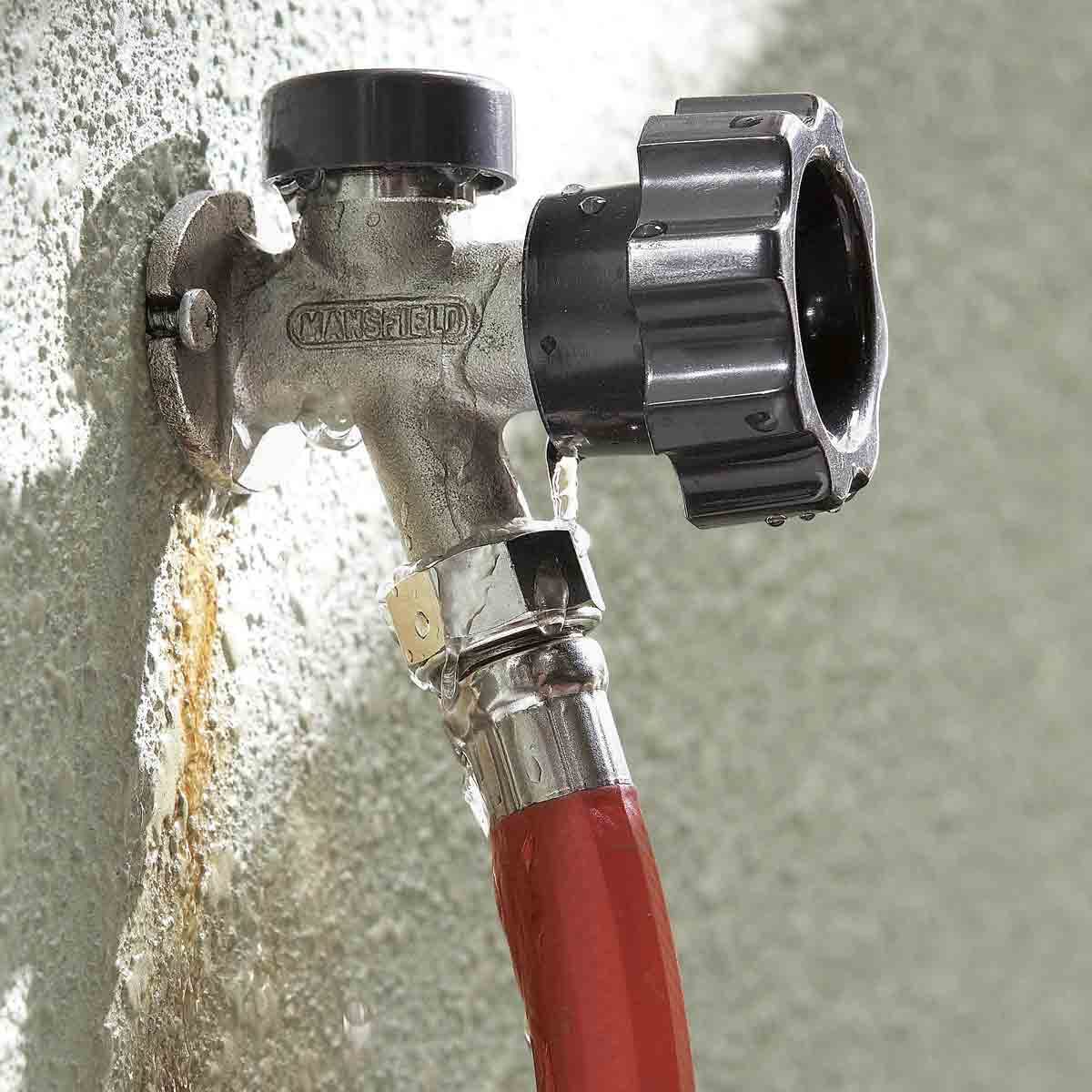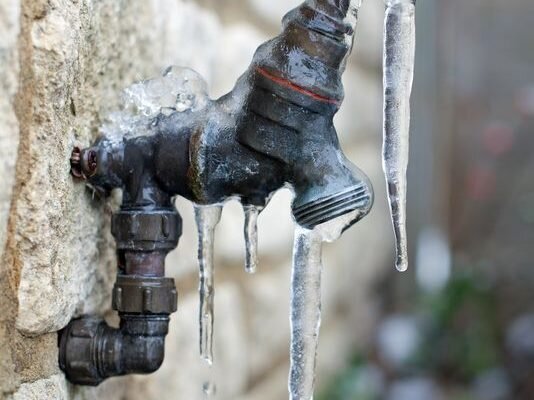How do you actually feel with regards to Winterizing Your Pipes?

All house owners who reside in warm environments should do their finest to winterize their pipes. It is something you must do throughout fall prior to deep winter months truly begins. Failure to do so can lead to catastrophe like frozen, split, or burst pipes. Right here are some helpful winterizing hacks to keep your plumbing system protected even if the weather condition exterior is shocking.
Switch on the Faucets
When the temperature declines and it appears as if the freezing temperature level will last, it will assist to transform on your water both indoors and outdoors. This will keep the water streaming with your plumbing systems. You'll finish up wasting gallons of water this method.
Open Cabinet Doors Hiding Plumbing
When it's cold outside, it would certainly be helpful to open cupboard doors that are masking your pipes. Doing this small technique can maintain your pipelines cozy and limit the potentially hazardous results of freezing temperature levels.
Require Time to Cover Exposed Pipes
One clever and simple hack to heat up frigid pipelines is to cover them with cozy towels. You can likewise use pre-soaked towels in warm water, simply don't neglect to use safety gloves to guard your hands from the heat.
Attempt a Hair Dryer or Warm Weapon
When your pipelines are almost freezing, your trusty hair dryer or warm gun is a godsend. If the warm towels do not aid dislodge any type of resolving ice in your pipelines, bowling warm air directly into them may aid. You might finish up harmful your pipes while attempting to thaw the ice.
Turn off Water When Pipes are Frozen
If you see that your pipes are entirely frozen or almost nearing that phase, turn off the primary water valve promptly. You will typically locate this in your basement or laundry room near the heater or the front wall closest to the street. Transform it off right now to stop further damages.
With even more water, even more ice will certainly stack up, which will eventually lead to rupture pipelines. If you are uncertain concerning the state of your pipelines this winter season, it is best to call a professional plumber for an evaluation.
All house owners that live in pleasant environments should do their best to winterize their pipelines. Failing to do so can spell disaster like frozen, cracked, or ruptured pipes. If the warm towels do not assist dislodge any kind of working out ice in your pipelines, bowling hot air directly right into them may assist. Turn off the primary water shutoff promptly if you discover that your pipelines are completely frozen or virtually nearing that stage. With more water, even more ice will certainly stack up, which will ultimately lead to break pipes.
PREVENT YOUR PIPES FROM FREEZING THIS WINTER
A Leading Cause of Property Damage
When the weather is taking a deep nose dive into the cold dreary days, the risk of your pipes freezing and potentially bursting skyrockets. Unfortunately, during these cold dreary months, burst pipes are the most common denominator for property damage. The pipes that are most at the risk are those that are in areas where it is most cold in your home. For instance, pipes located in interior places such as basements, attics, and your garage. Unfortunately, that doesn’t mean that the pipes running through your cabinets or exterior walls can’t freeze. Good news, however, is that you can do things to help prevent pipes from freezing.
How to Prevent Pipes From Freezing
Once the temperature starts to drop during the winter, you should be taking the proper measures needed to ensure that your pipes stay warm and that there is circulation of water through them. Some steps that experts may recommend could go against your better judgement when it comes to saving water and heat. However, it would go without saying that when expenses are compared, damaged pipes could put a bigger dent in your wallet than a water bill.
What Can I Do?
Keep your garage door closed. This is very important, especially if you have water supply lines running through your garage. Open your kitchen and bathroom cabinets to allow warm air to circulate through them. Allow air circulation throughout your home. Keeping the interior doors open will once again allow the warm air to circulate inside your home. Ensure your thermostat is running the same temperature throughout the night and day. If you plan to be away from home during the cold months, set your temperature no lower than 55° F. This should provide enough heat to keep the pipes warm and prevent any remaining water inside the pipes from freezing. For more of a long-term solution, add insulation to attics, basement, and other crawl spaces around your home. By allowing your faucet to drip, it will alleviate pressure in the system. This is important because the pressure that is created between the blockage and the faucet can potentially cause the pipes to burst. Allowing the faucet to drip will prevent the pressure from building up, therefore keeping the pipes from bursting. Seal any cracks, openings, and crawl spaces around your home to prevent cold air from coming inside. This keeps your pipes-not to mention your home-warmer and less susceptible to issues caused by freezing temperatures. For the pipes in your home that are easily accessible, applying electrical tape to them might prevent them from freezing over. This is a quick fix, as you can apply the tape directly to the pipe. There are two options for heating tapes. One turns on and off by itself when it senses heat is needed. The other type of heating tape needs to be applied when heat is needed and removed when not necessary. If you have exposed pipes in your home, you can check this website to take a look at a few options that would be available at a shop near you.

We had been shown that write-up on How to stop pipes from freezing during the winter through a friend on another website. Sharing is nice. You never know, you will be helping someone out. We thank you for reading our article about How to Prevent Frozen Pipes.
Or Book Technician Here